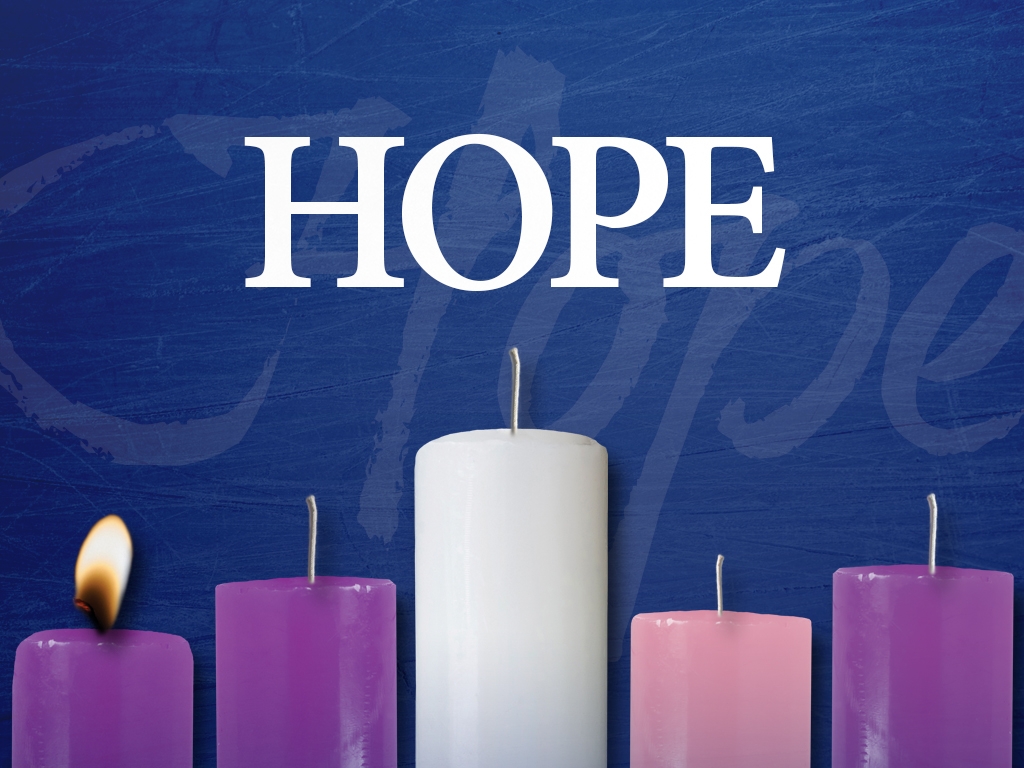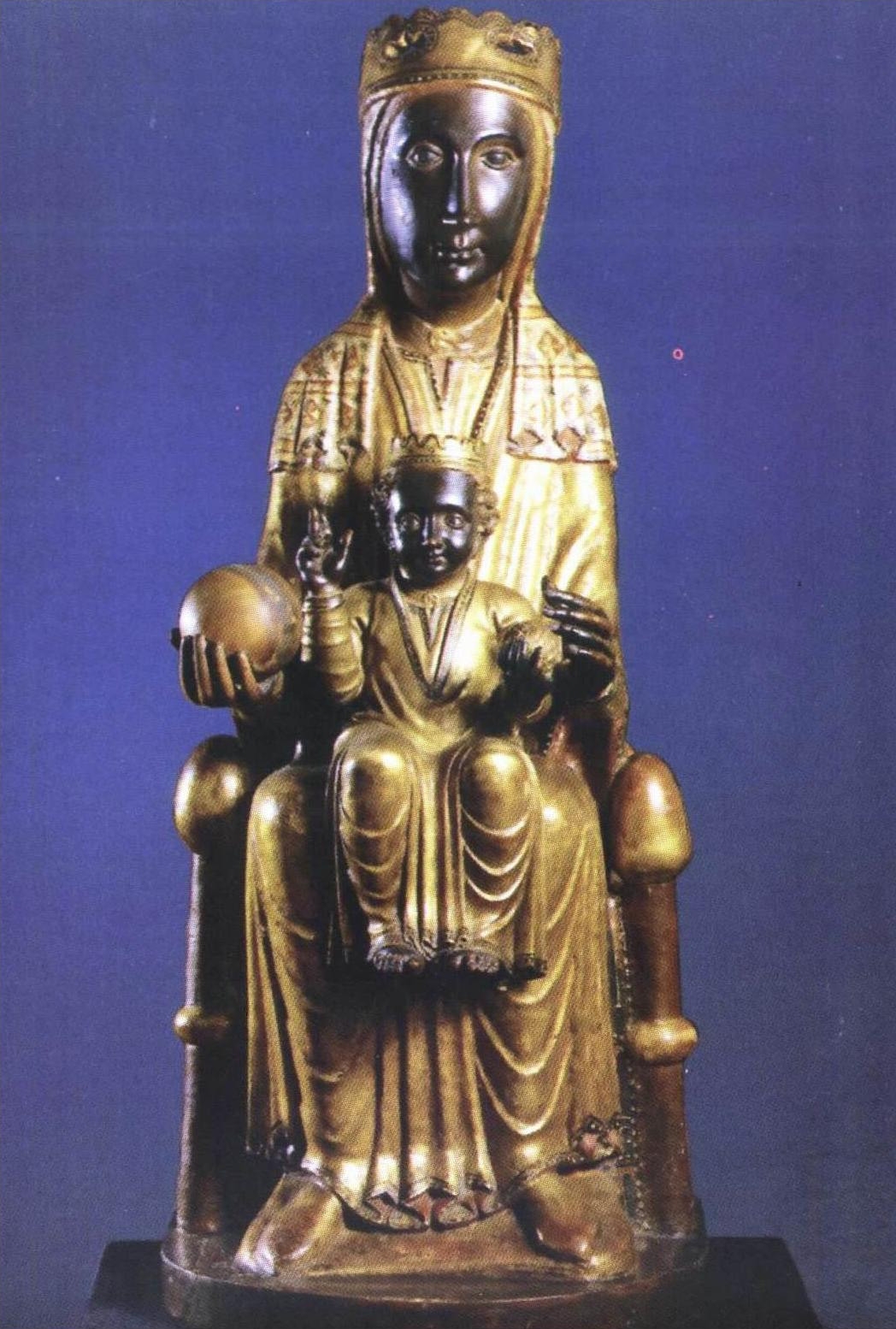These reflections are a result of more than 40 years of ministry as a Roman Catholic priest. Most of these years I spent in the Diocese of Charlotte which covers Western North Carolina. Now I am retired, and live in Medellín, Colombia where I continue to serve as a priest in the Archdiocese of Medellín.

Then will the LORD create, over the whole site of Mount Zion and over her place of assembly, A smoking cloud by day and a light of flaming fire by night. For over all, the LORD's glory will be shelter and protection. (Is 4:2-6)
https://bible.usccb.org/bible/readings/112822.cfm
A cloud by day, a pillar of fire by night—recalls the Divine Presence during the Exodus from Egypt. “On that day” is a reference to the “great and terrible Day of the Lord.” But instead of provoking “fear and trembling” the coming of the LORD’s glory, God’s presence with us, will be “shelter and protection.” The message of Advent is a message of hope. Advent proclaims not “fear and trembling” but rather “shelter and protection.”

Jesus said to his disciples: “Stay awake! For you do not know on which day your Lord will come. Be sure of this: if the master of the house had known the hour of night when the thief was coming, he would have stayed awake and not let his house be broken into. So too, you also must be prepared, for at an hour you do not expect, the Son of Man will come." (Mt 24:37-44)
https://bible.usccb.org/bible/readings/112722.cfm
Advent means the “coming.” It’s original focus is the Second Coming of the Lord, which is why the Lord reminds us to “stay awake” and “be prepared, for at an hour you do not expect, the Son of Man will come.” Nowadays, in the commercial world, Advent has simply become the holiday shopping season. In the church, we still hear the ancient prophecies and the longing for the coming of the Savior and we continue to pray: Come, Lord Jesus, come do not delay!

“Behold, I am coming soon.” (Rev 22:1-7)
https://bible.usccb.org/bible/readings/112622.cfm
We come to the last day of the liturgical year, and we conclude our continuous reading of the Book of Revelation. Tomorrow Advent begins. As Mary accepted God’s will for her life, she invites us to say with her, “Marana tha! Come, Lord Jesus!”

Then I saw a new heaven and a new earth. The former heaven and the former earth had passed away, and the sea was no more. I also saw the holy city, a new Jerusalem, coming down out of heaven from God, prepared as a bride adorned for her husband. (Rev 20:1-4, 11-21:2)
https://bible.usccb.org/bible/readings/112522.cfm
A new heaven, a new earth, a new Jerusalem . . . and a brand-new us! What a vision—that God wants us to live NOW! Today is also Black Friday and the beginning of the Christmas shopping season.

And one of them, realizing he had been healed, returned, glorifying God in a loud voice; and he fell at the feet of Jesus and thanked him. He was a Samaritan. Jesus said in reply, “Ten were cleansed, were they not? Where are the other nine? Has none but this foreigner returned to give thanks to God?” Then he said to him, “Stand up and go; your faith has saved you.” (Lk 17:11-19)
https://bible.usccb.org/bible/readings/112422-thanksgiving.cfm
How important it is to give thanks. In the story of the lepers, all 10 were healed, but only one was save, the one who returned to give thanks. The very center of our faith is the Eucharist—when we celebrate the meal that Jesus left us to remember him. Eucharist is the Greek word that means “to give thanks.” We give thanks for all that Jesus did to save us. And on this Thanksgiving Day I give thanks to God for all of you, my family and my friends, and especially for those who have gone ahead of us to the Kingdom.



